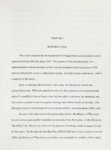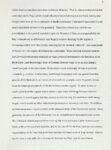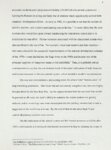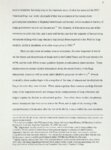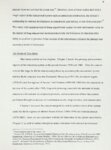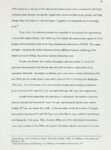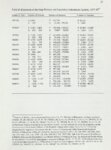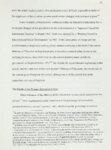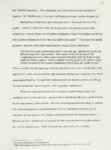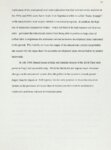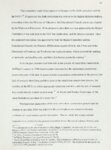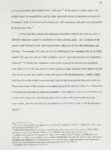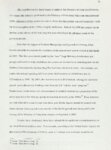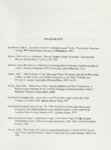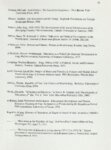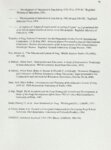| Description |
This thesis examines the Iraqi Ministry of Education's administration of both the primary and secondary educational systems in that country during the period between the Iraqi Revolution of 1958 and the Persian Gulf Crisis in 1990. In consulting a number of sources authored by the Ministry of Education in this period-including statistical abstracts, conference presentations, and self-critiques aimed at identifying areas of weakness-along with secondary source materials, it is possible to construct a narrative history of the Ministry of Education for this period. In brief, the findings of this research indicate that many of the weaknesses present in the Hashemite period (1921-58) were inherited after the revolution of 1958, and these same weaknesses were further transferred to the Ministry of Education during the Bathi period as well. Specifically, reforms in education were for the most part limited to the quantitative growth in the overall size of the educational system, while the main part of educational spending was concentrated in the regions immediately surrounding Baghdad. The curriculum in this period was often used as a means to attempt to instill some degree of loyalty to the Iraqi state and the regime in power. As time went on, the curriculum became more and more politicized. Despite this, there were some measurable improvements in some indicators of the overall health of the system in the 1970s, but the onset of the Iran-Iraq War in 1980 rolled back these modest improvements, and financial difficulties brought on by the war prevented subsequent improvements in the health of the system as indicated by the number of successfully promoted students, and the number of operational schools. By the time of the commencement of the United Nations sanctions regime in 1990, the Iraqi pre-collegiate educational system was already in a state of substantial disrepair. v |









